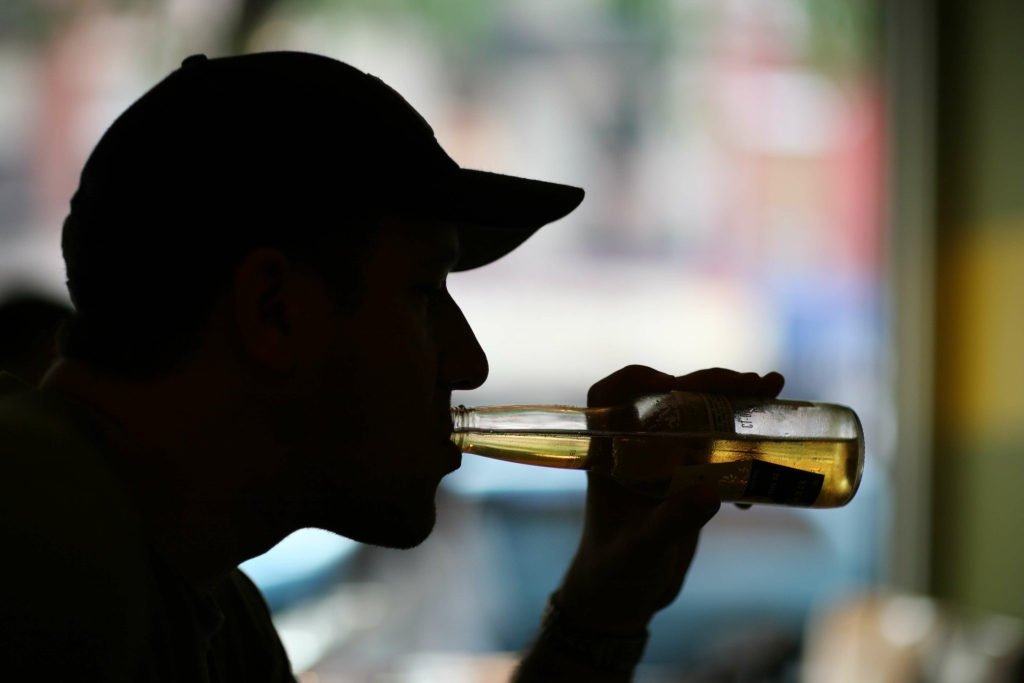Understanding Alcohol and Anger’s Connection
When alcohol impairs this area, a person may be more likely to behave in a way they wouldn’t while sober, including getting confrontational (2). Too much alcohol affects your speech, muscle coordination and vital centers of your brain. A heavy drinking binge may even cause a life-threatening coma or death. This is of particular concern when you’re taking certain medications that also depress the brain’s function. Alcohol use disorder can include periods of being drunk (alcohol intoxication) and symptoms of withdrawal.
Some people have a genetic variation of the serotonin 2B receptor gene HTR2B. Researchers found that participants who were less inclined to think about the future were more inclined to deliver shocks longer and harder, but especially if they were drunk. Alcohol had minimal impact on aggression for those alcohol depression and anger who thought about future consequences. In the study, nearly 500 participants completed a questionnaire about their inclination to consider future outcomes. Afterward, they either drank an alcoholic beverage (orange juice mixed with alcohol) or a placebo (the same concoction but with minimal alcohol).
The Healthy Relationship Between Recovering Alcoholics and Anger
If you find yourself in a situation with someone who is angry while intoxicated, the first step is to assess your level of risk. There’s a difference in safety between someone who is expressing anger verbally and one who has become physically aggressive. Extreme happiness, or euphoria, is another common experience during drinking. As a positive, unalarming emotion and one that others are used to seeing, however, happiness isn’t on the radar as much as anger. Extreme emotions that are usually hidden from others, like anger and sadness, may be more noticeable when you drink because you’re less able to conceal and manage them.
Executive function is a term used to describe the processes
in the brain that control functions like working memory, reasoning,
attention, planning and inhibition of impulses. Alcohol reduces your ability to process multiple sources of
environmental information; therefore it compromises your ability to evaluate the intentions behind the actions of people around you. It affects parts of your brain responsible for movement, memory, self-control, and basic functions like hunger and thirst. If there are any concerns about content we have published, please reach out to us at Support groups such as Alcoholics Anonymous (AA) and Self-Management And Recovery Training (SMART) are open to anyone with a substance use disorder. Disulfiram (Antabuse), acamprosate (Campral), and naltrexone are the most common medications used to treat AUD.
Cognitive Function
Anger is a normal emotion, but if your anger seems out of control or is impacting your relationships, you may have anger issues. Alcohol is a contributing factor in approximately half of all violent crimes committed in the United States. Alcohol consumption may also lead to a rage response because of expectations, according to researchers (1). For example, if a person goes into a drinking experience with the expectation of alcohol helping them pick a fight with a partner later, that’s then likely to happen.
It’s equally important that psychotherapists highlight this interaction both with clients who consume alcohol and those in relationships with them. Additionally, this information should also be taught in schools to expand their understanding and hopefully reduce the prevalence of alcohol-related aggression. A more recent study of 249 male and female heavy drinkers with a history of past-year intimate partner violence found that acute alcohol intoxication moderated the impact of problematic alcohol use on an attentional bias toward anger (Massa et al., 2019). Specifically, it found that problematic drinkers may be more likely to attend to aggressogenic stimuli while intoxicated, and that is, they were more likely to experience certain cues as aggressive. Many people who have an alternate personality when they drink look back on it clarity when they sober up.
Physical symptoms
It also includes binge drinking — a pattern of drinking where a male has five or more drinks within two hours or a female has at least four drinks within two hours. If you or someone you know is suffering from addiction and could benefit from our wide variety of treatment programs and therapy options, contact us today. We want everyone that comes to us to leave and go on to live a happy, healthy, and sober life. For those who find themselves dealing with a lot of pent-up anger or stress, exercising is a great, healthy way to work through some of those problems. When people exercise the body releases endorphins which are known as the feel-good hormones.

The ultimate goal is to help them get into a treatment program that addresses their substance abuse and the way it causes them to behave. But this is often easier said than done, and mean drunks can turn violent when provoked — meaning that if you share a living space with one, your safety should be your main priority. A “crazy drunk person” is one who drinks excessively and frequently due to alcoholism.